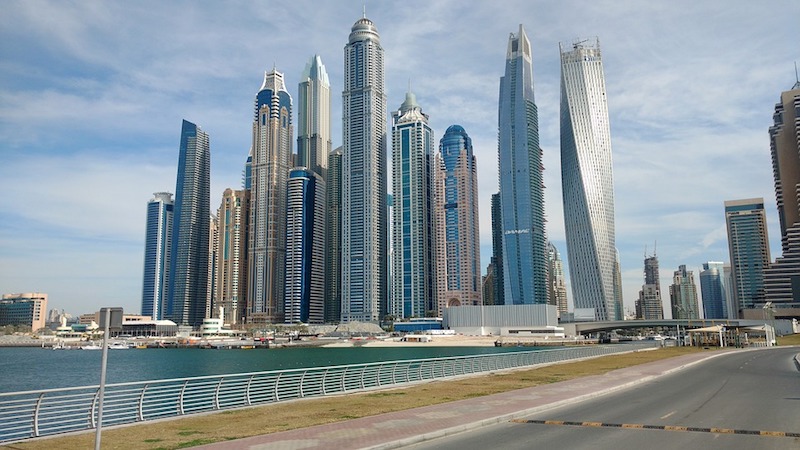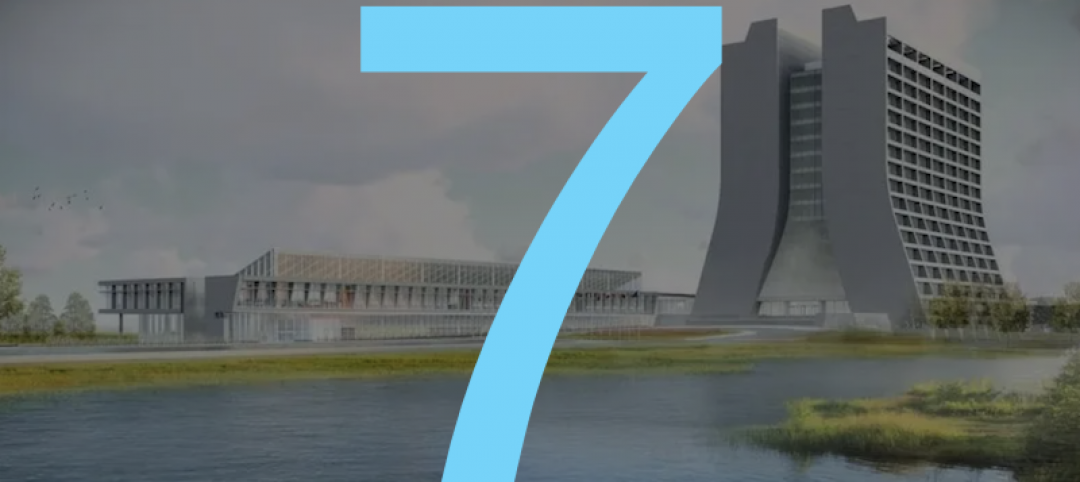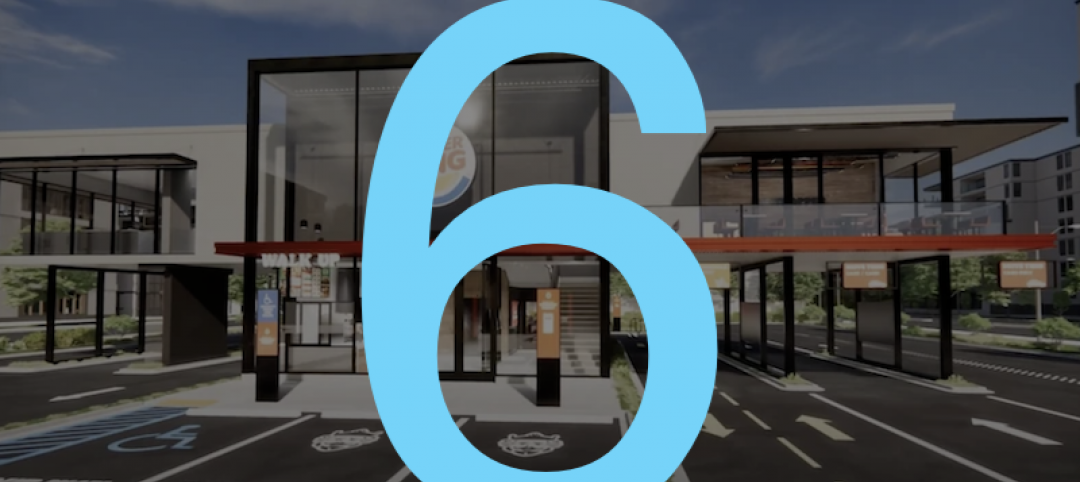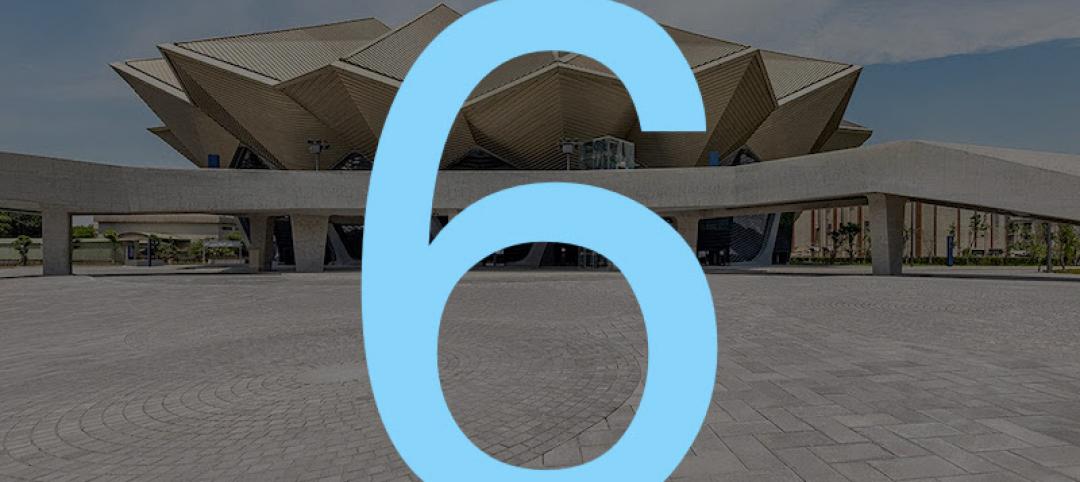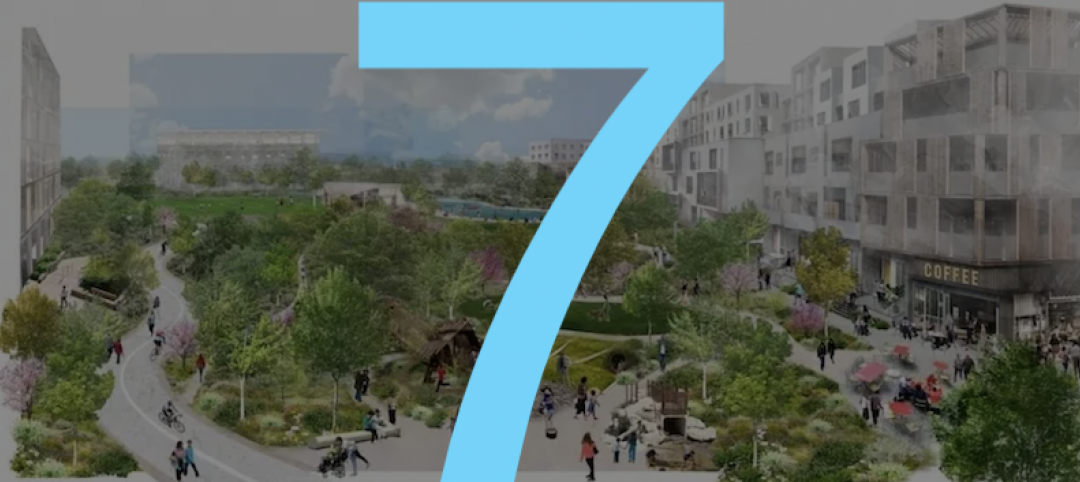Renewable energy has a mixed outlook in the Middle East and Africa (MEA) region, due to a reluctance to invest from some countries and an inability to afford renewables in others, according to GlobalData.
Several major MEA countries are actively supporting the growth of renewable energy through mechanisms such as renewable targets, renewable portfolio standards (RPS), feed in tariffs (FiTs) or auctions, net metering and tax exemptions or subsidies.
Anchal Agarwal, Power Analyst at GlobalData, says: “Most of the countries covered in MEA* have renewable energy targets, implying that these governments are actively supporting the growth of renewable energy in their respective countries. Some countries have capacity targets, while others have targets to achieve a fixed share of generation from renewable sources.”
Iran set a target in 2014 of 5 Gigawatts (GW) from wind and solar power, by 2020. In spite of this, renewable energy did not make much progress in the country. Hence, in January 2018, the government again declared a target of installing 1 GW of renewable energy projects every year from 2018 to 2022.
The availability of oil in the MEA region presents a major challenge to renewables. For example, in 2016, Saudi Arabia reduced its 2040 renewable goals from 50% to 10% of the country’s electricity supply. In April 2017, the country declared that it will develop 30 solar and wind projects over the next 10 years as part of the kingdom’s $50 billion program to boost power generation and cut its oil consumption.
Agarwal continues: “A noticeable observation in the MEA region is the growing popularity of the auction/tender mechanism to develop large-scale renewable projects. Countries such as Egypt, Iraq, Israel, Morocco, Qatar, Saudi Arabia, South Africa and UAE have auction mechanism for various renewable energy technologies. However, countries including Algeria, Iran, Kenya, Nigeria and Tanzania have already proposed the renewable auctions and they are expected to announce it within a year.”
FiTs and net metering are other major policy support mechanisms used by governments of Middle East & African countries to promote renewable energy. Six countries have FiT schemes for various renewable technologies, and Ghana and UAE are the only countries to have proposed a net-metering scheme.
* MEA countries covered = Algeria, Angola, Egypt, Ghana, Iran, Iraq, Israel, Morocco, Nigeria, Qatar, Saudi Arabia, South Africa, Syria and UAE.
Related Stories
Market Data | Sep 16, 2020
6 must reads for the AEC industry today: September 16, 2020
REI sells unused HQ building and Adjaye Associates will design The Africa Institute.
Market Data | Sep 15, 2020
7 must reads for the AEC industry today: September 15, 2020
Energy efficiency considerations for operating buildings during a pandemic and is there really a glass box paradox?
Market Data | Sep 14, 2020
6 must reads for the AEC industry today: September 14, 2020
63% of New York's restaurants could be gone by 2021 and new weapons in the apartment amenities arms race.
Market Data | Sep 11, 2020
5 must reads for the AEC industry today: September 11, 2020
Des Moines University begins construction on new campus and the role of urgent care in easing the oncology journey.
Market Data | Sep 10, 2020
6 must reads for the AEC industry today: September 10, 2020
Taipei's new Performance Hall and Burger King's touchless restaurant designs.
Market Data | Sep 9, 2020
6 must reads for the AEC industry today: September 9, 2020
What will the 'new normal' look like and the AIA hands out its Twenty-five Year Award.
Market Data | Sep 8, 2020
‘New normal’: IAQ, touchless, and higher energy bills?
Not since 9/11 has a single event so severely rocked the foundation of the commercial building industry.
Market Data | Sep 8, 2020
7 must reads for the AEC industry today: September 8, 2020
Google proposes 40-acre redevelopment plan and office buildings should be an essential part of their communities.
Market Data | Sep 4, 2020
6 must reads for the AEC industry today: September 4, 2020
10 Design to redevelop Nanjing AIrport and TUrner Construction takes a stand against racism.
Market Data | Sep 4, 2020
Construction sector adds 16,000 workers in August but nonresidential jobs shrink
Association survey finds contractor pessimism is increasing.


